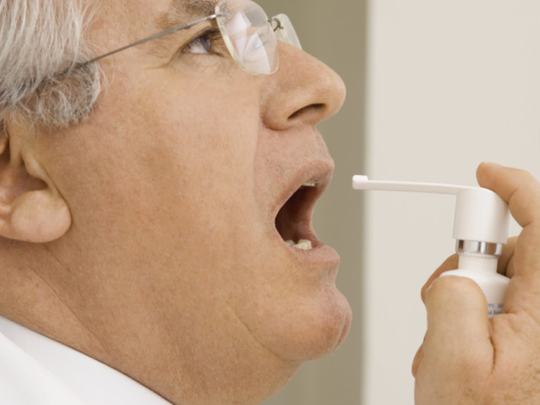
1. Do your gums bleed, are they swollen and painful and do you have bad breath? It is likely you have gingivitis or gum disease. Bad oral health can affect not only your mouth but all organs of the body, as the infection will spread through your blood stream.
2. Gum disease occurs because of improper brushing of the teeth and that leads to build up of plaque (a film of bacteria) that releases toxins.
Most people do not take care of their teeth till it is very late because dental work is not covered by health insurance. Chewing sugar-free gum after eating helps prevent gum disease as it helps neutralise plaque and gets rid of food particles.
3. Take care of your gums by eating the right foods and make sure you are getting the proper doses of vitamins and minerals, especially iron, folic acid and vitamin B complex. Freshly cooked food at home is good for your gums, not junk food with high sugar and salt content.
4. Many people do not know how to brush properly. They either brush their teeth very hard or for very long. The proper way to brush is in a circular motion, not up and down, and make sure to floss after every meal to get rid of food particles between the teeth that can rot, if not dislodged If teeth are not cleaned properly, pockets form at the base of the teeth and become a base for bacteria.
5. Certain medications can make the gums dry, swell and bleed - such as anti-histamines for asthma and cancer medications, or due to the use of contraceptives or painkillers.
Gum problems can also be due to hormonal changes during pregnancy that increases blood supply to the gums. Certain ailments also impact on gum health such as juvenile diabetes, anaemia and leukaemia.
Information: Dr. Vaidehi Ranganath, Dr Saiganesh Medical Centre, Dubai












